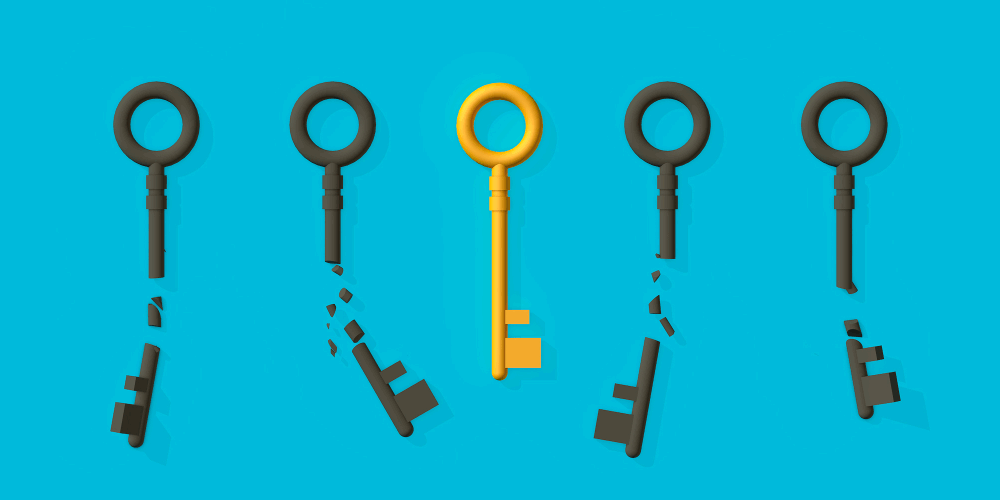While there are several options to replace the use of passwords, people still can't live without passwords.
No websites and apps or systems' login page can totally ditch the use of a password field. In one way or the other, passwords are here to stay, and people should know the ways to make the most out of them.
On the internet, a strong password is the very thing what protects you from cyber criminals. In contrast, a weak password is the recipe for disaster.
When hackers managed to crack a password by guessing or after a successful brute force attack, they can gain access to your account, steal your identity and even take your money.
The stronger the password, the lesser the chance hackers can crack it. And when used correctly, passwords are essentially the most extreme and simple way to protect your data from unauthorized access.
Unlike biometrics data, passwords can be changed whenever you want to whatever word you want, and no one can force you provide them when asked. For example, someone can unlock your phone by using your fingerprint or face, even without your consent. But no one can get passwords out of you (written or spoken) without your knowledge.
Unfortunately, many people continue to use passwords in a way that exposes them to risk.
To make the most out of your password, you must first know the number of methods hackers can use to crack your passwords.

They ways include, and not limited to:
- Intercepting them as they are transmitted over the network.
- Brute force by automated guessing of millions of passwords.
- Physically stealing them, like when they are written down.
- Searching IT infrastructure for stored and/or leaked password information.
- Manual guessing based on easily accessible personal information.
- Shoulder surfing, like observing people type in their passwords in public places.
- Social engineering by tricking people into handing over passwords.
- Malware that can steal passwords as they are entered.
To prevent your passwords being cracked, the first thing to do, is to use a strong password. A strong password should be unpredictable, doesn't include any personal information, use lowercase-uppercase-symbol combinations and so forth.
But at the same time, your passwords should be easy to remember, but hard for anyone else to guess.
Passwords that are easy to crack, include passwords with:
- Your actual or username, or other personal information.
- Common or famous names.
- Names and/or birthday dates of family members’ or pets’ names.
- Single dictionary words.
- Things that are relevant to your interests.
- Numerical or keyboard sequences (e.g. qwerty, 12345)
By avoiding all the above, you may end up with a password that is difficult to remember. If you cannot create a strong password, you may want to use password generator, and use a password manager software.
Password managers are tools that can help you keep all of your passwords safe in one place, encrypted behind one master password, so you don’t have to remember all of them.
Read: Tips In Creating A Strong Password That's Hard To Guess But Easy To Remember

It is also equally important not to use the same password for everything.
Different websites and apps have different levels of security. If one website/app is hacked and have their database of users stolen, hackers can use the information within to access other accounts you may own.
Ideally, you should have a different password for every website and app you use.
Other recommendations include, and not limited to:
- Using two-factor authentication wherever and whenever possible.
- Caution when accessing the web using public Wi-Fi.
- Only use remember password on your personal computers, and only on devices where you trust all other users.
- Only trust websites with
https://. - Be wary of autofill in fields.
- Never log in into secure sites by following a link.
- Don’t enter passwords where someone may be able to see you typing.
- Never share your password with anyone, nor leaving them written down in places that are obvious, on easily found place, and accompanied with identifiable information.
- Never re-use passwords if they have been used, or known to have leaked.
Further reading Ways To Protect Your Privacy On The Internet: Your Personal Information Is A Commodity
